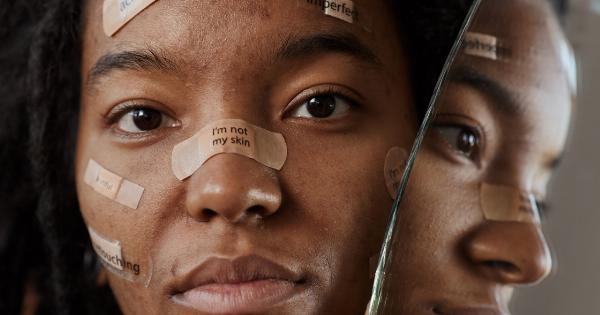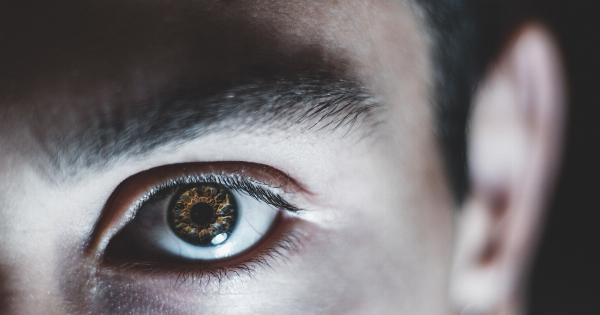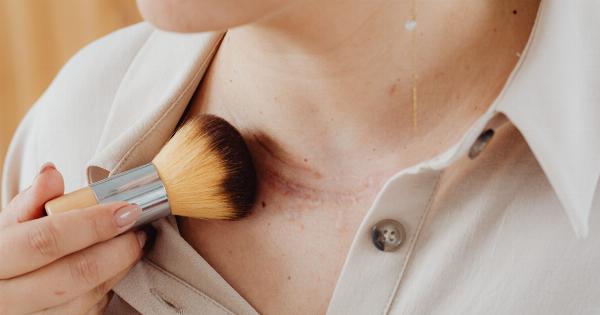Acne is a common skin condition that affects millions of people every year. The severity of acne can vary from mild to severe and can cause physical discomfort and emotional distress.
While there are many treatments available to help manage acne, delaying treatment can have serious consequences.
What is acne?
Acne is a skin condition characterized by the presence of pimples, blackheads, and whiteheads. It occurs when the hair follicles become clogged with oil and dead skin cells.
While acne can occur anywhere on the body, it most commonly appears on the face, chest, back, and shoulders.
Why is delaying acne treatment a bad idea?
Delaying acne treatment can have serious consequences for your skin and overall health. Here are some reasons why:.
1. Acne can get worse without treatment
If left untreated, acne can get worse over time. Mild acne can progress to moderate or severe acne, which can be painful and disfiguring. Severe acne can also lead to scarring, which can be difficult to treat.
2. Acne can cause emotional distress
Acne can be more than just a physical condition. It can also cause emotional distress, such as low self-esteem, anxiety, and depression. Delaying treatment can prolong these negative feelings and make it harder to cope with the condition.
3. Acne can lead to permanent scarring
Severe acne can lead to permanent scarring, which can be difficult to treat. Acne scars can be disfiguring and affect self-esteem and quality of life. Early treatment can help prevent the development of scars, or reduce their severity.
4. Acne can affect your relationships
Acne can affect your relationships, both personal and professional. People with severe acne may feel embarrassed or ashamed, which can lead to social isolation and difficulties connecting with others.
Early treatment can improve the appearance of acne and boost confidence.
5. Acne can be a sign of an underlying health problem
In some cases, acne can be a sign of an underlying health problem, such as polycystic ovary syndrome (PCOS) or hormonal imbalances. Delaying treatment can prolong the diagnosis of these conditions and lead to further health complications.
What are the treatment options for acne?
There are many treatment options available to manage acne, depending on the severity of the condition. Mild acne can often be treated with over-the-counter creams and ointments, while moderate to severe acne may require prescription medication.
Treatment options for acne include:.
- Topical creams and ointments
- Oral antibiotics
- Isotretinoin (Accutane)
- Hormonal therapy
- Chemical peels
- Laser and light therapy
When should you see a dermatologist?
If you have moderate to severe acne or if your acne is causing emotional distress, it’s important to see a dermatologist. A dermatologist can evaluate your skin condition, prescribe medication, and recommend a treatment plan that works for you.
It’s also important to see a dermatologist if you experience any of the following:.
- Painful, deep pimples
- Cysts or nodules
- Scarring
- Severe emotional distress
- Acne that doesn’t respond to over-the-counter treatments
Conclusion
Acne is a common skin condition that can have serious consequences if left untreated. Delaying acne treatment can lead to worsening of the condition, emotional distress, permanent scarring, and difficulties in relationships.
If you have acne, it’s important to seek treatment early to prevent these complications and improve the appearance and health of your skin.


























